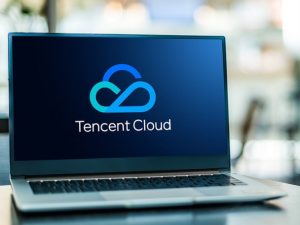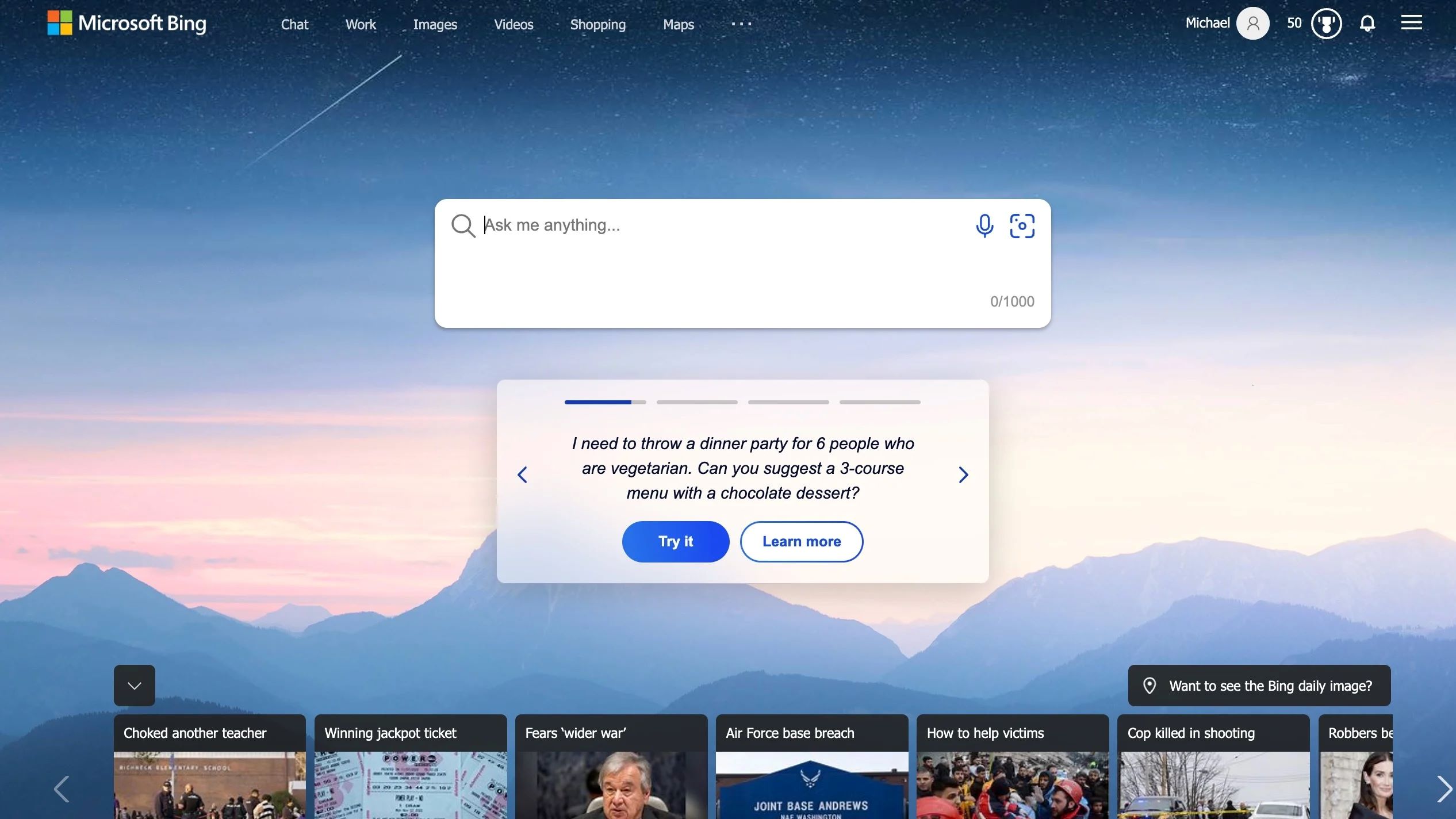Web publishing platform Medium has recently made headlines by announcing its decision to block OpenAI’s GPTBot, an agent that scrapes web pages for content used to train AI models. While this move is significant, it also raises the possibility of a broader coalition forming among various platforms to collectively combat what many perceive as the exploitation of their content by AI crawlers.
Key Takeaway
Medium has taken a stand against OpenAI’s GPTBot, blocking it from accessing their platform. This move signifies the growing frustration among media outlets regarding the use of their content by AI crawlers without proper attribution or compensation.
Medium Joins Other Media Outlets in Blocking GPTBot
Medium now joins the likes of CNN, The New York Times, and several other media outlets in adding “User-Agent: GPTBot” to the list of disallowed agents in its robots.txt file. This file guides web crawlers and indexers, informing them whether a site consents to being scanned or not. By adding this entry, Medium is expressly stating its objection to the use of its content for training AI models.
In a blog post, Medium’s CEO, Tony Stubblebine, openly criticizes the exploitation of writers’ work by AI companies, stating that they “are making money on your writing without asking for your consent, nor are they offering you compensation and credit.” He further adds that generative AI is currently not a net benefit to the internet and that it is essentially profiting from writers’ content without their permission.
The Need for a Coalition
While Medium’s decision to block GPTBot is commendable, Stubblebine acknowledges that it is unlikely to significantly impact the broader issue. Many unauthorized crawlers will simply ignore the request. This realization has led Medium to actively seek out other platforms to form a coalition dedicated to addressing the challenges surrounding fair use in the age of AI.
Stubblebine’s discussions with undisclosed organizations indicate their shared concerns, but public collaboration is still pending. The hope is that a coalition of major platforms will emerge, providing a powerful counterbalance to unscrupulous AI platforms and ultimately promoting fair usage of content.
Challenges Ahead
Stubblebine highlights the difficulties inherent in establishing such a coalition. The multifaceted nature of the issue, encompassing legal and ethical questions, makes it complex and slow-moving. The rapidly evolving landscape of AI technology further complicates matters, as intellectual property and copyright definitions remain in flux.
For many organizations, the decision to participate in an IP protection partnership or to ban AI use involves balancing conflicting interests. While some might be hindered by business concerns, others could champion the cause without the fear of disappointing stockholders. However, until a catalyst emerges, the fate of content creators remains at the mercy of AI crawlers that may or may not respect their consent.
Overall, Medium’s proactive move to block GPTBot is a significant step in raising awareness about the issues surrounding content exploitation by AI crawlers. The formation of a media coalition could potentially bring about a much-needed framework for fair usage, providing a collective response to the challenges posed by AI technology.

























